ISPs can control the flow of internet traffic, costs likely to increase
In a world filled with electronics, the internet has become an integral part of society. It is a key service that many people rely on for work, recreation and communication. This is one of the reasons why the Federal Communications Commission or FCC, has set regulations on the internet, to protect it from monopolies and unfair use.

However, this may change thanks to new legislation introduced by FCC Chairman Ajit Pai that would revoke these regulations commonly known as the net neutrality laws.
As of Dec. 14, at 1:12 p.m. EST, the FCC’s decision to dismantle rules regulating how consumers connect to the internet, potentially will grant broadband companies the power to reshape Americans’ online experiences, according to the New York Times.
This has caused an outcry amongst many who believe that the removal of such laws would cause infringement upon the rights of American citizens. This is due to the nature of these laws. The net neutrality laws are a piece of legislation that make it illegal for internet service providers or ISPs to prioritize or slow internet connections to certain sites. This ensures that the internet is an even playing field and nobody gets preferential treatment.
The removal of these laws would mean that ISPs like Verizon and AT&T could control the flow of internet traffic. This could bring up a large number of potential issues. For example, Apple is set to become one of the first trillion dollar companies. This could mean the companies could use their resources and finances to influence ISPs force their competitors out of business.
One of the foremost issues in contention is that the removal of these laws could lead to ISPs having free reign over the internet. Then ISPs could start forcing sites to pay more money for a better connection to their site. Which means that eventually, free sites like Facebook and Youtube could start to cost money. On the flip side, it could also mean that ISPs could “throttle” sites or make their connection slower.
Another potential issue is that if ISPs start charging money for premium connections, small businesses would have a hard time starting up. This is because they would have to deal with the additional fee. Some feel that this would harm the economy as a whole and is potentially dangerous.
However, one of the most pressing concerns to many is censorship.

If ISPs have the ability to control internet connections it also means that they could potentially cut or slow connections to any site that they wish. This gives them a censorship tool that they could use for whatever they wish once government restrictions are gone.
Campus technology director Robert Hyatt shares what the world could look like if ISPs are unrestricted.
“An ISP could force users to only use products who pay for a premium experience, Hyatt said. For example, DIRECTV could be forced to pay more to Comcast so their product is delivered to the customer, this would drive up the cost of DIRECTV for the customer.
“An ISP could also force users to pay more for access to more websites, apps, and services,” Hyatt continued. “For example, there could be a Social Media Package (access to Instagram, Facebook and Twitter) for $60 a month, then add a Media Content Package (iTunes, Spotify and Netflix) for an additional $50 a month, then add a Gaming Package (Xbox Live, PSN and Steam) for $40 a month, finally add the Full Internet Package for an additional $30 a month.”
If done this would be a direct violation of the First Amendment right of freedom of speech and press guaranteed in the Bill of Rights. The results of which could challenge integrity of communications within the nation. Without free access to news outlets, people’s views could be molded by the filtered news that ISPs let through. This could have a tremendous impact on society as 43% of Americans get their news from the internet, according to the Pew Research Center.

Additionally, there are also concerns that an unrestricted internet would give people easier access to other parts of the internet that is best to stay away from such as the darknet. If the restrictions on the internet are abolished then people could have easier access to this area of the internet that many deem as unsafe.
However, while many people argue against the restrictions there are many who believe that the restrictions go against the concepts of capitalism, especially the concept of Laissez Faire, hands off economics. One argument is that the loss of restrictions would lead to greater competition amongst ISPs which would in turn benefit consumers.
In the months preceeding the Dec. 14 decision, many believe that the ISPs would not impose restrictions and censorships on the internet because of how unpopular it would be with the people and being the business they could not afford to lose customers.
However, despite today’s decision, Congress can still step in and could issue a resolution of disapproval. Net neutrality groups have formed before today in anticipation of the FCC’s decision. Finally, the final decision will rest with Congress in the months to come, despite groups taking the issue to court. Lobbying by both net neutrality advocacy groups and the telecomm and cable companies will continue until Congress acts.
Bottom line
Net neutrality will change the way you use the internet. The following is a Huffington Post’s video outlining the expected results: 1) Extra cost. Internet companies can charge more for data. Music and video apps costs are likely to increase. 2) Stifled competition. Small businesses may need to pay extra to be viewed. 3) Less consumer choice. Internet providers may be able to block rival sites or ones they don’t like. 4) Censorship. Sites may be blocked from your view when political, economic or other articles are contrary to the web provider.
For more articles, please read Campus choirs participate in candlelit service. For a Christmas related piece, check out EDITORIAL: Avoiding the commercialism of Christmas.
The author used these sources: F.C.C. Plans Net Neutrality repeal in a victory for Telecoms, What everyone gets wrong in the debate over Net neutrality and The Pew Research Center.
This author can be reader via twitter @matthewsue1 and via email: Matthew Sue.





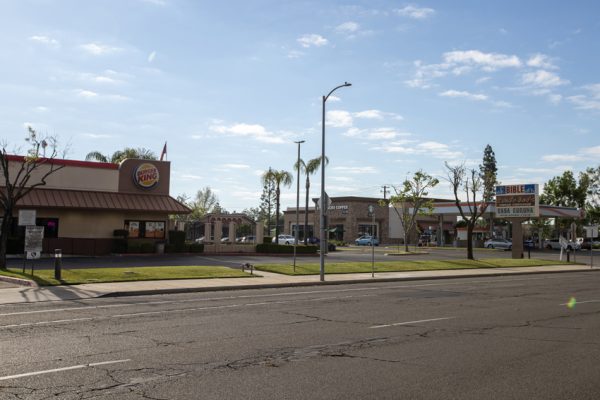


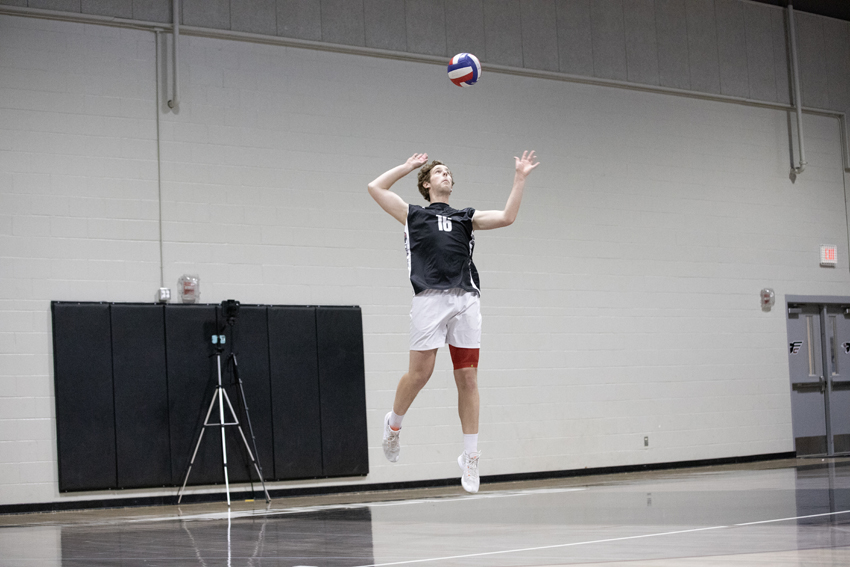


![[Video] 100th CSPA Spring Journalism Conference](https://thefeather.com/wp-content/uploads/2024/04/20240308-cspa-crown-002.jpg)
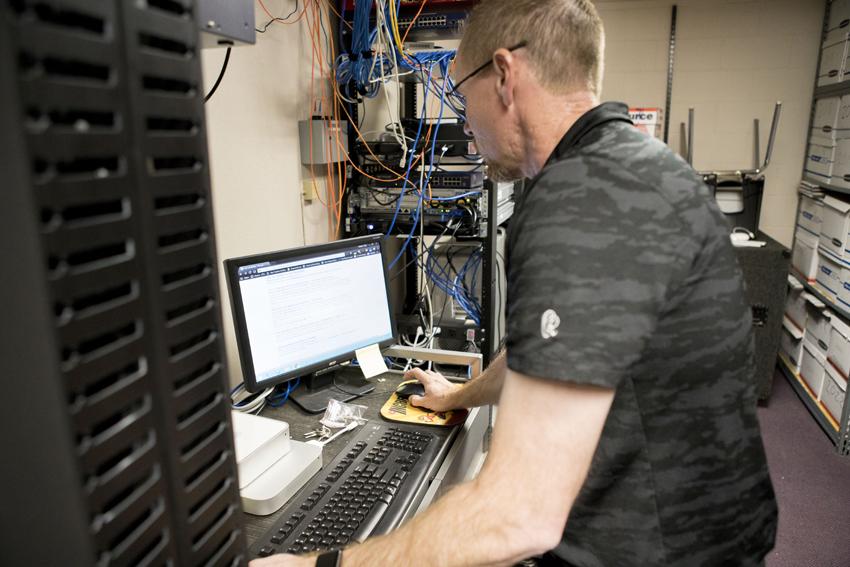

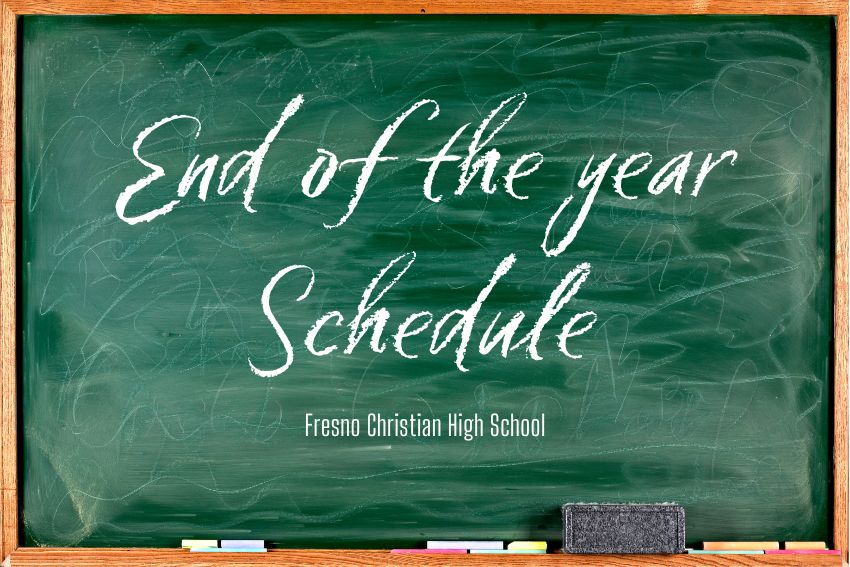
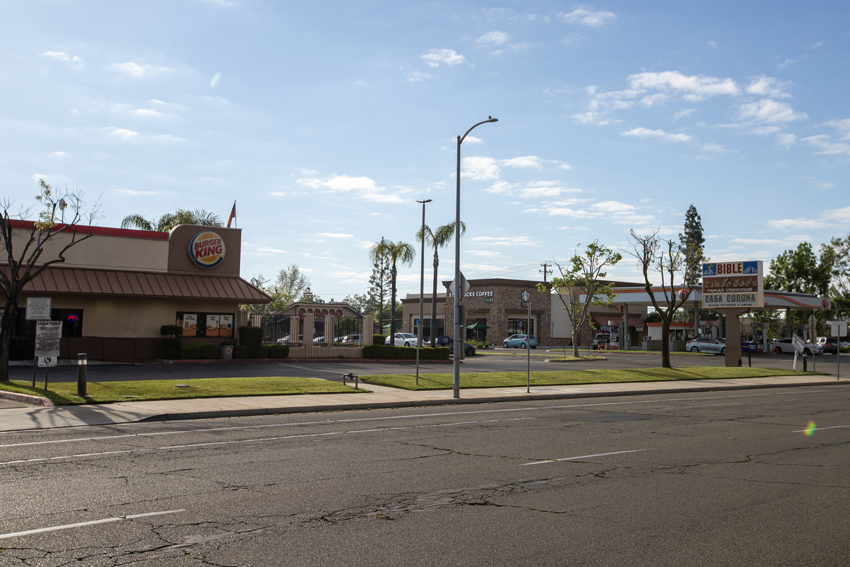
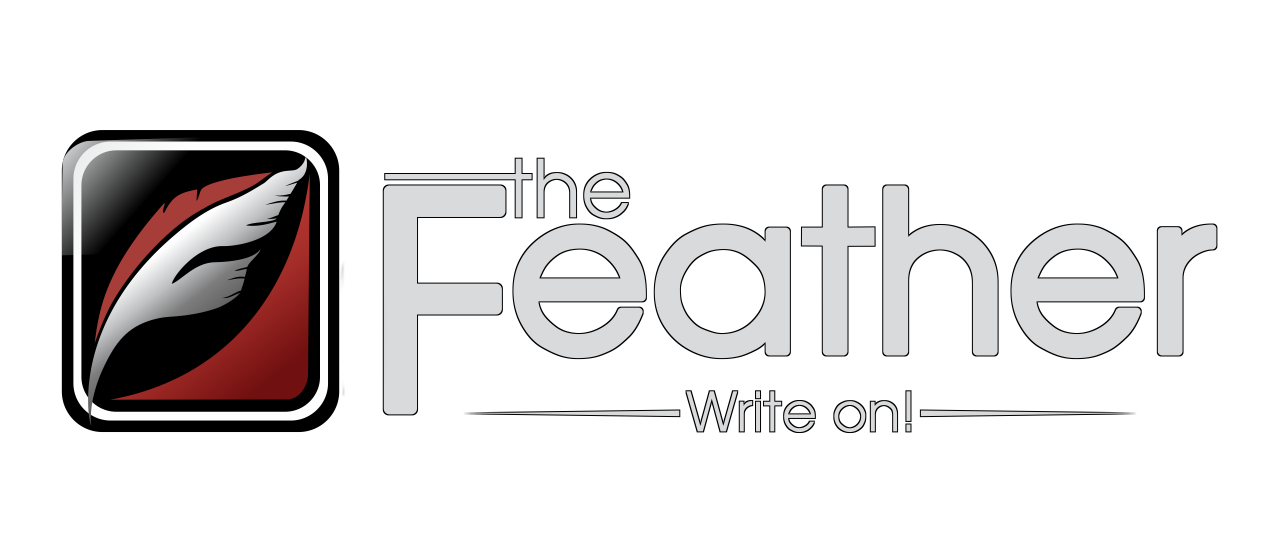

Logan Lewis • Dec 15, 2017 at 8:13 am
I don’t quite have a full understanding of Net Neutrality yet, but what I have read is very bad. I really hope people continue to fight for net neutrality.